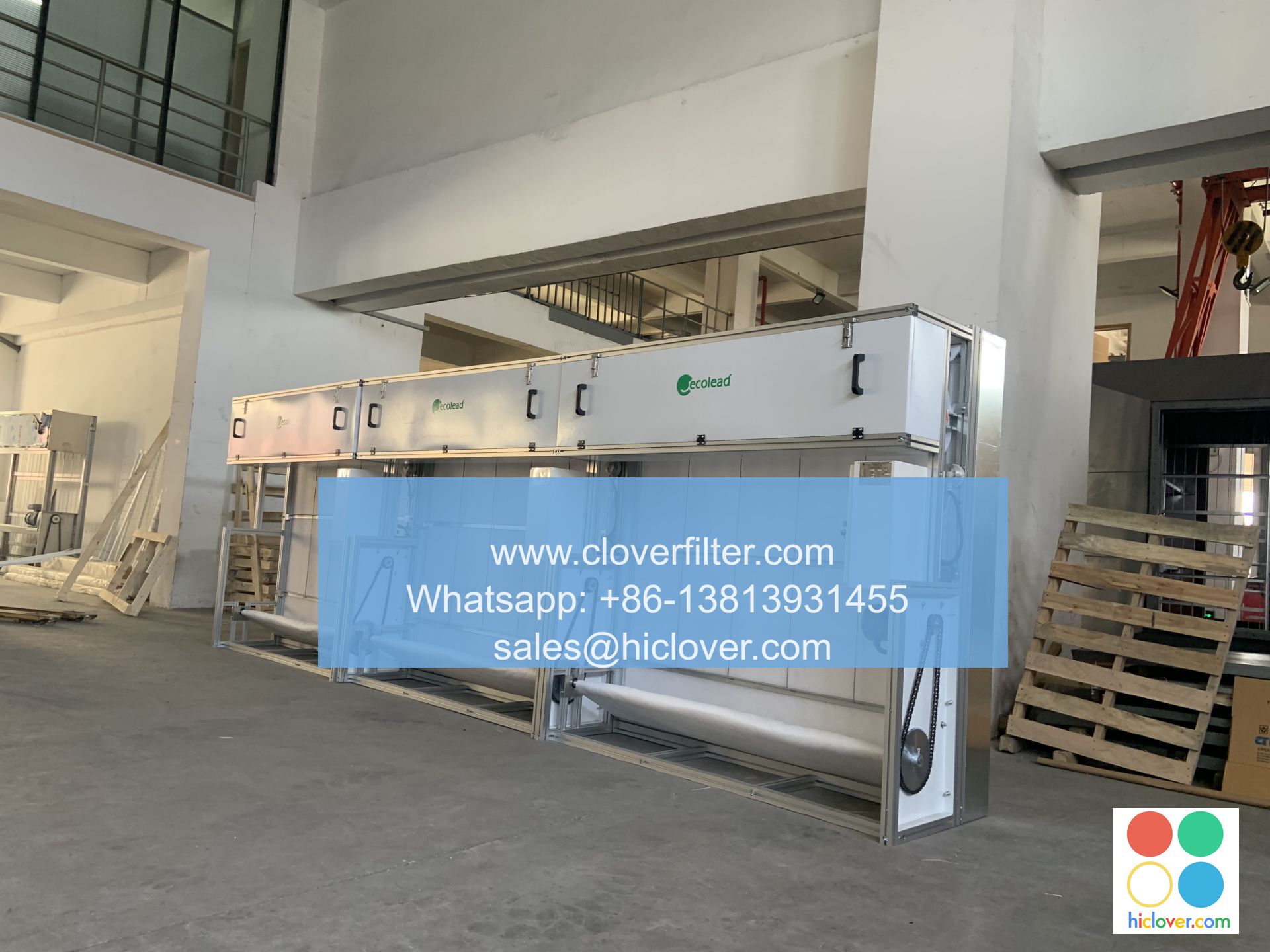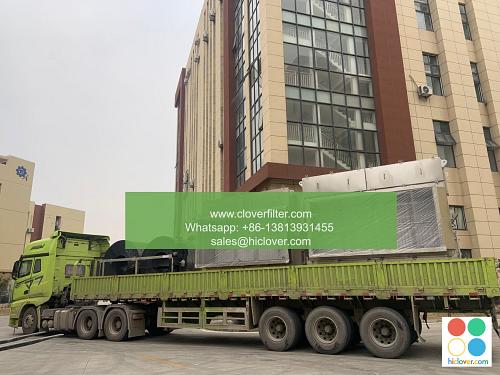The Ultimate Air Filter Buying Guide for Commercial Spaces

As a business owner or facility manager, maintaining good indoor air quality (IAQ) is crucial for the health, comfort, and productivity of your employees, customers, and tenants. One of the most effective ways to achieve this is by installing a high-quality air filter system. With so many options available in the market, selecting the right air filter for your commercial space can be overwhelming. In this article, we will provide you with a comprehensive guide to help you make an informed decision.
Understanding the Importance of Air Filtration in Commercial Spaces
Commercial air filtration systems are designed to remove airborne contaminants, such as dust, pollen, bacteria, viruses, and other pollutants, from the air. These systems are essential in various application areas, including office buildings, hospitals, schools, restaurants, and industrial facilities. A well-designed air filtration system can help prevent the spread of illnesses, reduce allergies and asthma symptoms, and create a healthier and more comfortable indoor environment.
Types of Air Filters for Commercial Spaces
There are several types of air filters available for commercial use, each with its own unique characteristics and benefits. Some of the most common types include:
* HEPA (High Efficiency Particulate Air) filters: These filters are designed to capture 99.97% of particles as small as 0.3 microns, making them ideal for hospitals, laboratories, and other high-sensitivity areas.
* Activated Carbon filters: These filters are designed to capture gases, odors, and chemicals, making them ideal for restaurants, bars, and other food service establishments.
* Pleated filters: These filters are designed to capture larger particles, such as dust and pollen, making them ideal for office buildings and other commercial spaces.
* UV (Ultraviolet) filters: These filters are designed to capture and kill bacteria, viruses, and other microorganisms, making them ideal for hospitals, schools, and other high-traffic areas.
Key Considerations When Buying an Air Filter for Commercial Spaces
When selecting an air filter for your commercial space, there are several key considerations to keep in mind. These include:
* Filter efficiency: Look for filters with high efficiency ratings, such as MERV (Minimum Efficiency Reporting Value) or HEPA.
* Filter size and type: Choose a filter that is compatible with your existing HVAC system and is designed for your specific application area.
* Air flow rate: Select a filter that can handle the required air flow rate for your commercial space.
* Maintenance and replacement costs: Consider the cost of maintenance and replacement filters over the lifespan of the system.
* Energy efficiency: Look for filters that are designed to minimize energy consumption and reduce operating costs.
Application Areas for Commercial Air Filters
Commercial air filters can be used in a variety of application areas, including:
* Office buildings: Air filters can help improve IAQ and reduce the spread of illnesses in office buildings.
* Hospitals and healthcare facilities: Air filters can help prevent the spread of infections and improve patient outcomes in hospitals and healthcare facilities.
* Schools and universities: Air filters can help improve IAQ and reduce the spread of illnesses in schools and universities.
* Restaurants and food service establishments: Air filters can help improve IAQ and reduce odors and pollutants in restaurants and food service establishments.
* Industrial facilities: Air filters can help improve IAQ and reduce the spread of illnesses in industrial facilities.
Conclusion
Selecting the right air filter for your commercial space can be a complex process, but by understanding the importance of air filtration, types of air filters, and key considerations, you can make an informed decision. Remember to consider your specific application area, filter efficiency, filter size and type, air flow rate, maintenance and replacement costs, and energy efficiency when selecting an air filter. By investing in a high-quality air filter system, you can improve the health, comfort, and productivity of your employees, customers, and tenants, while also reducing operating costs and improving your bottom line. It seems like you didn’t include a question or topic for discussion in your prompt. Could you please provide more details or clarify what you would like to talk about? I’m here to help and provide information on a wide range of subjects.

